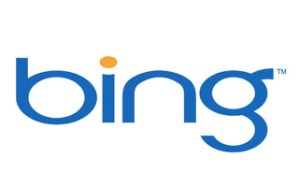
Social networking giant Facebook has pulled the plug on a banner advertising deal it had with Microsoft, in which the companies are characterizing as a mutual decision. Microsoft had been selling U.S. display ads on Facebook since 2006; in late 2007 the companies extended the deal through 2011 and added in internationalized versions of Facebook; at the same time, Microsoft bought a $240 million stake in Facebook.
“We have been working together on advertising for a long time, creating the best experience for Facebook users and advertisers,” Bing general manager Jon Tinter wrote in a statement. “Given the kinds of advertisements that make sense within a product as unique as Facebook, it just made more sense for them to take the lead on this part of their advertising strategy.”
But while Microsoft might be losing the ability to sell display ads, its apparently making up for it in search: Microsoft will continue to be the exclusive provider of search services on Facebook, and more features from its Bing search engine will be migrated over to Facebook users—and Bing-Facebook search integration will also extend to Facebook’s international sites. Microsoft will continue to provide search advertising for Facebook. Being able to associate search data from Facebook users with Bing queries is potentially a gold mine for Microsoft’s personalized search advertising business: Bing would not only only know what particular Facebook users search for, but can also correlate that with information gathered from users’ Facebook friends. And advertisers like nothing more than being able to target their promotions where they believe they will be most effective.


